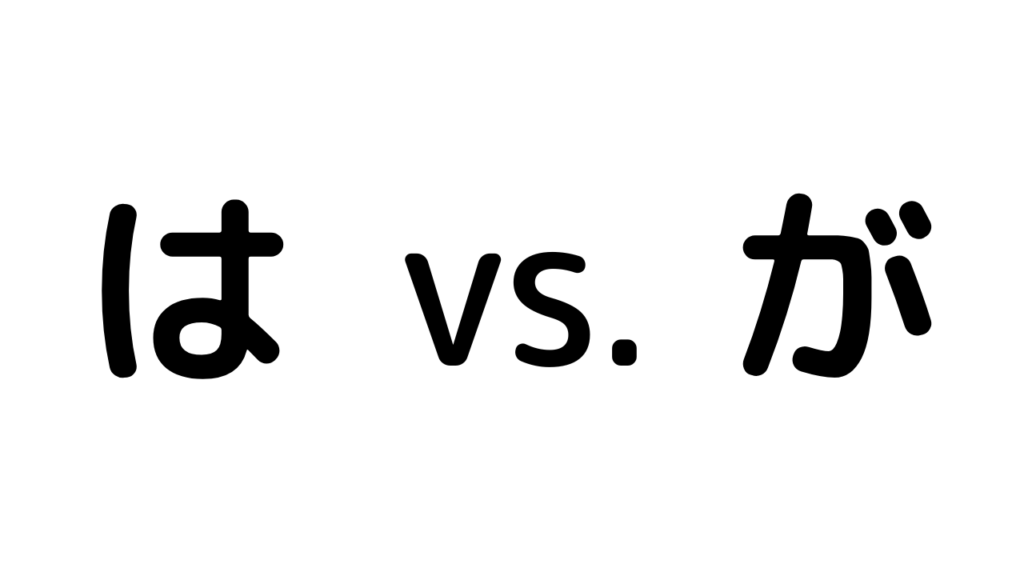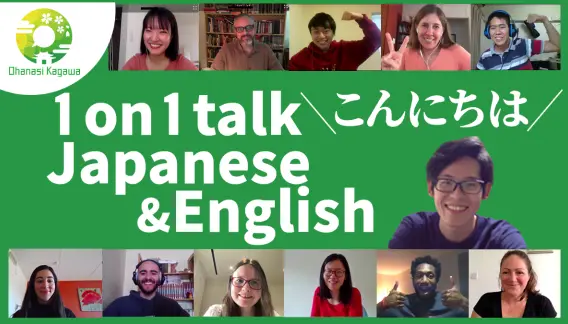What should you do when you want to ask someone if they speak Japanese? “Anata wa nihongo wo hanashimasuka?” is Japanese for “Do you speak Japanese?” For “Can you speak Japanese?”, you can say, “Anata wa nihongo wo hanasemasuka?” Did you notice that there is a one-character difference between “do” and “can”? It is interesting how just one letter can change the meaning of a word. In this article, I will introduce the phrase “Do you speak Japanese? In addition, I will discuss the difference between the particles “HA” and “GA”, as well as the difference between “do you?” and “can you?” Read to the end, and you will be able to ask questions in Japanese!

Is “Do you speak Japanese?” means, “Do you speak Japanese?”
The answer is, “あなたは、日本語を話しますか?”
This is how to read it.
あなた (anata) は (wa) 日本語(nihongo) を(wo) 話します(hanasimasu) か(ka)?
Let’s look at the points.
(1) Japanese interrogative sentences end with “ka? at the end.
(2) In Japanese “You (do) speak Japanese”
・you = あなた(anata)
・(do) = は(wa)
・speak Japanese 日本語を話します(nihongo wo hanasimasu): a polite version of 話す(hanasu)
+ Question “ka?”
The diferent between ”Anata WA nihongo wo hanasimasu” and “Anata GA nihongo wo hanasimasu”
Now lets look at the difference between, “Anata WA nihongo wo hanasimasu” and “Anata GA nihongo wo hanasimasu.”
The particles “は (WA)” and “が (GA)” are used according to what part of the sentence you want to emphasize.
「は(WA)」
・The information you want to convey comes at the end. (eg. 新しい先生は山田先生です/ atarashii sensei wa yamada-sensei desu)
・Adjectives (eg. 桜の花はきれいです/ sakura no hana wa kirei desu)
・Noun sentences (eg. 明日は水曜日です/ ashita wa suiyoubi desu)
「が(GA)」
・The information you want to convey comes at the beginning. (eg. 新しい先生が山田先生です/ atarashii sensei ga yamada-senseidesu)
・Dependent clause (eg. 私が起きたとき、母はいませんでした/ watashi ga okitatoki, haha wa imasendesita)
・Noun-modifying clause (eg. 猫が汚したソファは捨てました/ neko ga yogosita sofa ha sutemasita)
“あなたは(WA)日本語を話しますか。” is trying to convey the “speak Japanese” part. On the other hand, “Do you (GA) speak Japanese? emphasizes the fact that it is “you” who are speaking Japanese (It’s similar to a question: Are you the person who speak Japanese?). Therefore, “あなたは(WA)、日本語を話しますか?” is more appropriate.
The difference from “Can you speak Japanese?”
So far, we have summarized how to ask “Do you speak Japanese?” in Japanese. Then what about “Can you speak Japanese? The word that follows the verb in Japanese changes between can and do.
The “話します” in “あなたは日本語を話しますか?” is:
話す(hanasu) = 動詞(speak)
+ます(masu) = Polite
(1)In case of “do” for 話す(hanas”u”)
Instead of the “i”、
it becomes 話し(hanas”hi”)+ます(masu)
(2)In case of “can” for 話す(hanas”u”)
Instead of the “e”、
it becomes 話せ(hanas”e”)+ます(masu)
If you want to learn Japanese
In Japanese, “Do you speak Japanese?” is “Anata was nihongo wo hanasimasuka?” There are many things you can learn just by memorizing one Japanese phrase. In this article, we have explained the basic grammar, but you might not be able to use it right away. Also, Japanese might not use correct grammar. To learn to use them in conversation, it is a good idea to actually use them with Japanese people.
However, there are some people who do not have Japanese friends or who find it difficult to go to Japan. That is why Ohanasi Kagawa holds online exchange events between Japanese and English learners. Japanese learners and English learners are paired, and you can switch languages every 15 minutes. This creates an environment where you can teach and learn from each other. This is a fun event for those who want to practice what they have learned. Come and have to see!
That said, you might still not be confident in your Japanese speaking ability. You’re not sure how to study Japanese. For people like that, we are currently offering free Japanese language consultation and free lessons for a limited number of 10 people each month.
You don’t know how to study Japanese. If you are interested in taking Japanese lessons to solve what you don’t understand, please feel free to join us.
If you are interested, please click the URL or image below.
Click here to see more details >>>







